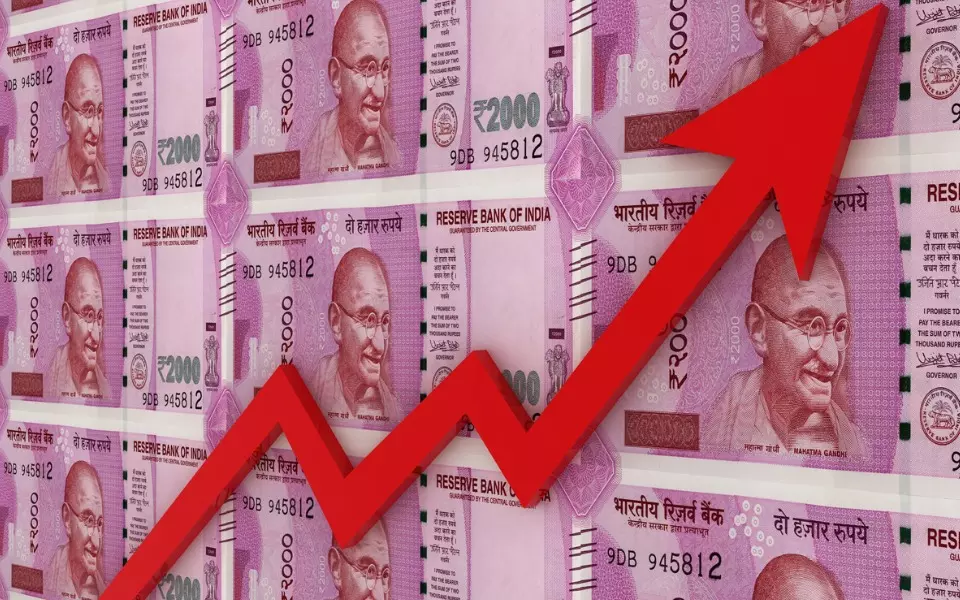
8th Pay Commission: 30-40 pc hike expected for 1 crore employees, pensioners
The new pay structure, set to be implemented by 2026 or FY27, could increase the minimum salary to Rs 32,940 or Rs 44,280, costing Rs 1.8 lakh crore

The 8th Pay Commission is being closely watched by Central Government employees and pensioners as it is expected to result in a significant increase in their salaries and pension.
'30 to 40 per cent hike'
According to a report by Ambit Capital, the new pay structure under the 8th Pay Commission can increase overall remuneration by 30 to 40 per cent.
The Financial Express reported that the hike would affect 1 crore Central Government employees and pensioners. When implemented, the pay revision may come into effect by 2026 or the 2027 financial year. According to media reports, the pay revision will result in a whopping Rs 1.8 lakh crore additional expenditure for the government exchequer.
Also Read: 8th pay commission: 1.15 crore govt employees, pensioners to benefit
Set up every 10 years
The 7th Pay Commission, which is currently in force, came into effect in July 2016. A new pay commission is usually set up every 10 years to revise and adjust the pay structure so that it aligns with the current cost of living, inflation and shifts in the economic landscape.
The 8th Pay Commission is also expected to continue on this line, revising salaries of Central government employees, including defence personnel and pensioners.
Also Read: Cabinet approves 8th Pay Commission for Central govt employees
What is the fitment factor
One of the key components of the possible pay revision is the fitment factor, which is a multiplier used for determining the revised basic salary. A report in the Financial Express refers to an estimate by the Ambit Capital according to which the fitment factor for the 8th Pay Commission could be in the range of 1.83 to 2.46.
The report further states that this suggests that the current minimum salary of Rs 18,000 can go up to Rs 32,940 (at 1.83) or even Rs 44,280 (at 2.46).
“For instance, a current base salary of Rs 50,000 could rise to Rs 91,500 on the lower end of the fitment factor and up to Rs 1.23 lakh on the higher end,” states the report.
Also Read: Delhi election | I-T cut effect? BJP makes gains in seats with large number of govt servants
Dearness allowance and inflation
Under the 8th Pay Commission, the pay structure is expected to more accurately align the dearness allowance with inflation.
According to media reports, the increased pay under the 8th Pay Commission will boost economic growth as an increased take-home pay will most likely lead to higher consumption as well as to better healthcare access, improved housing quality and higher spending on leisure.

